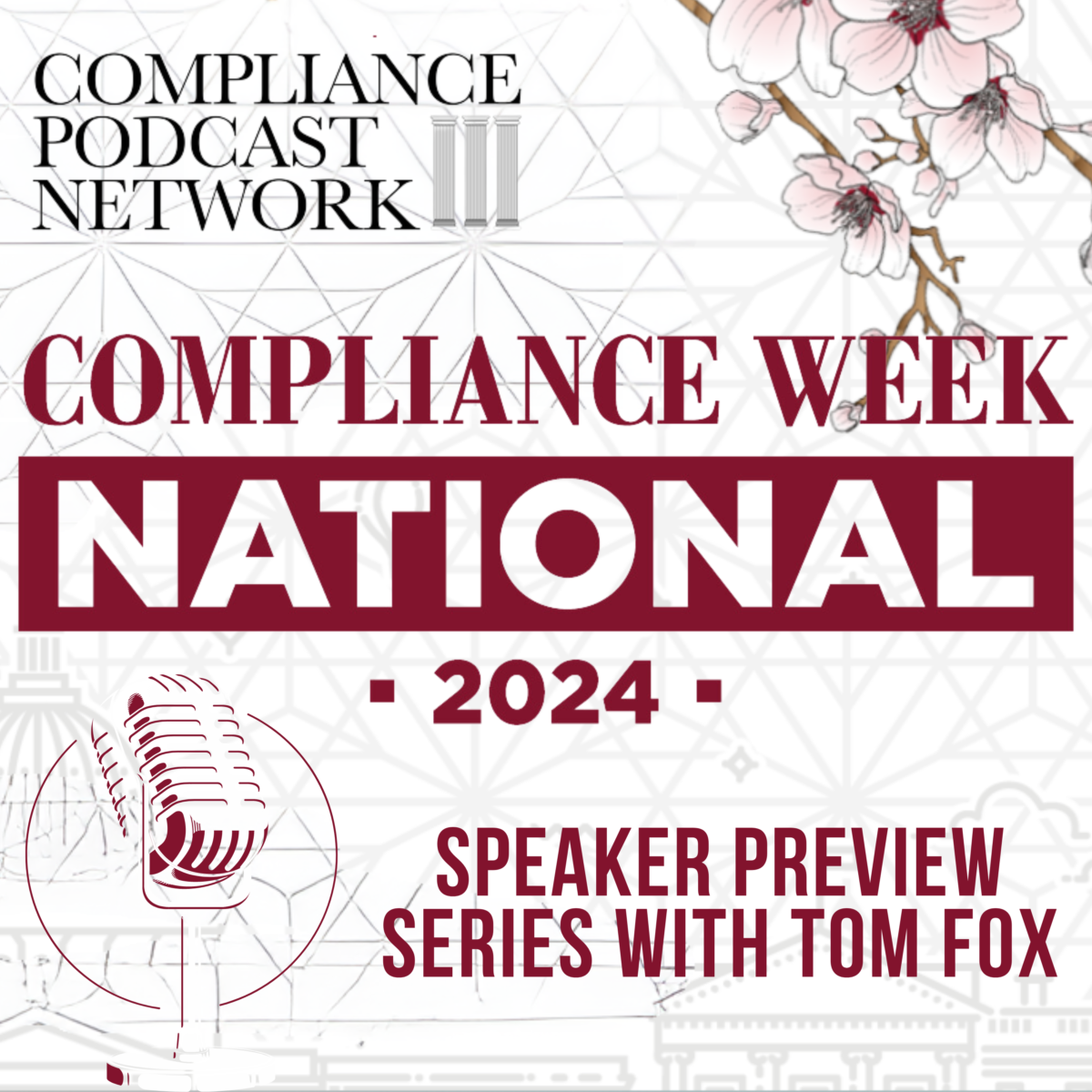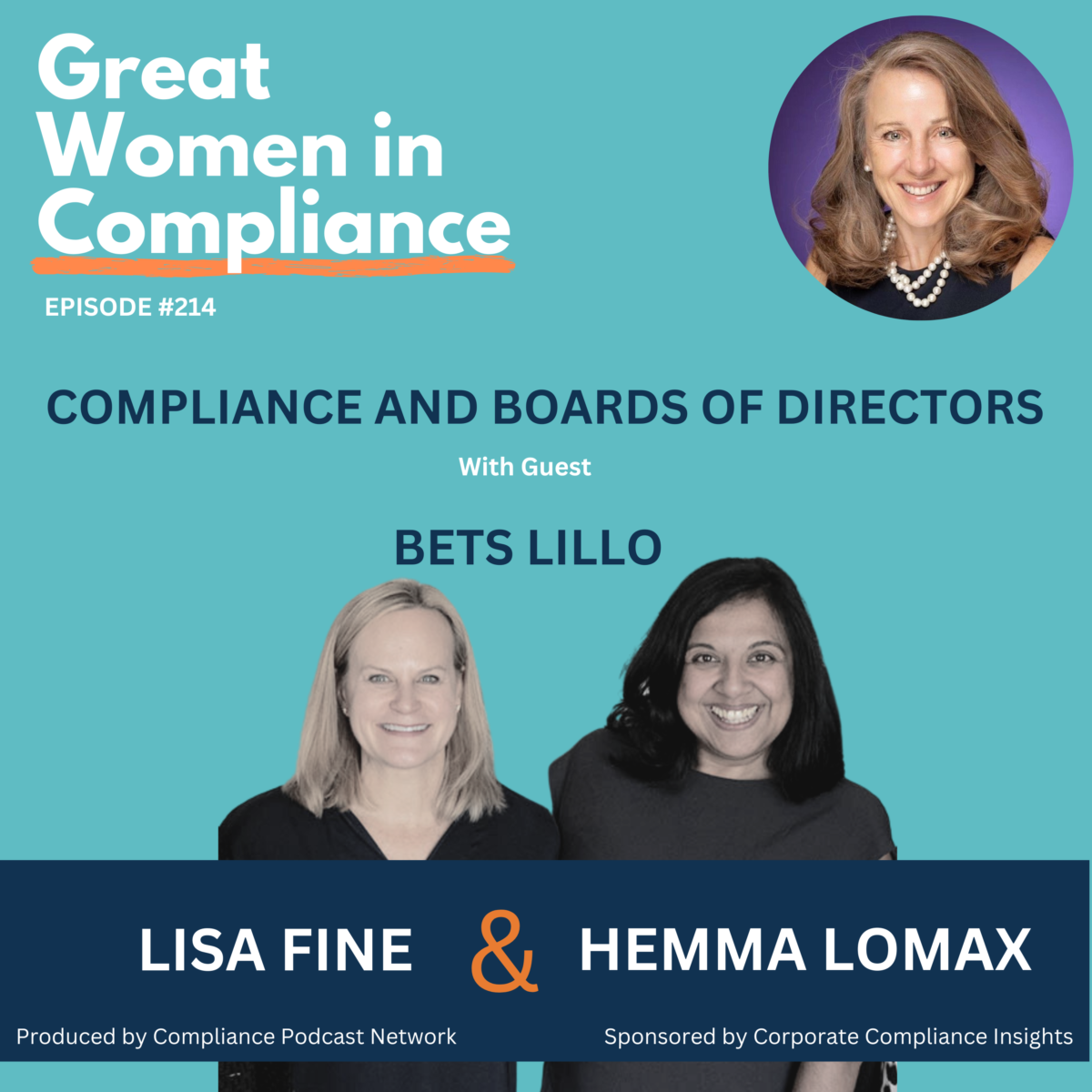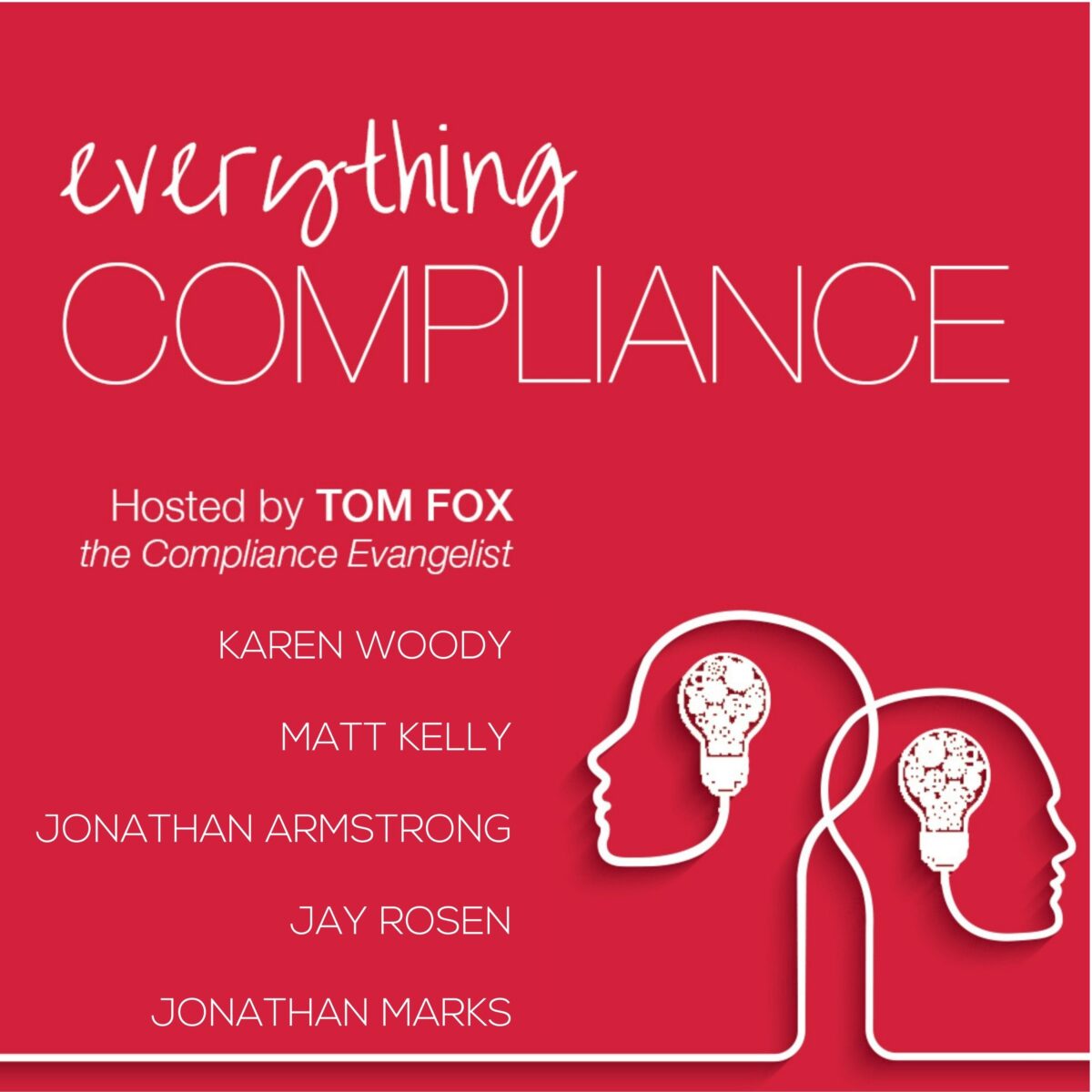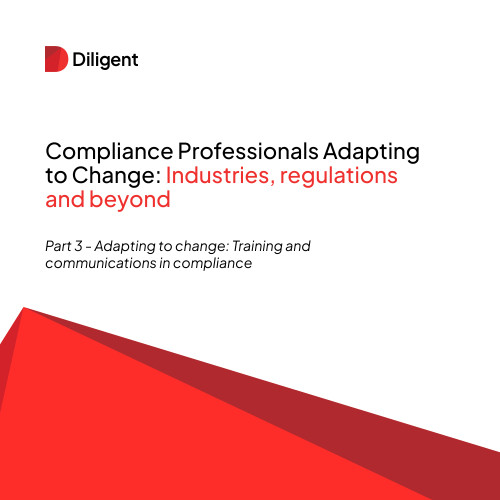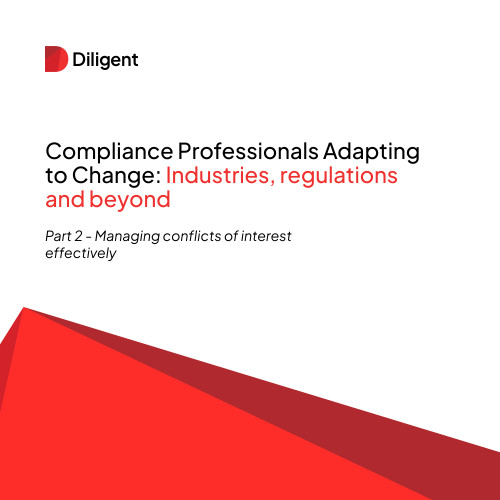In a recent episode of the podcast ‘All Things Investigations, the discussion centered around directors’ critical role in ensuring legal compliance, particularly in sanctions and export controls. I was joined in this exploration by Mike Huneke, partner at HughesHubbardReed, and Brent Carlson, Director at BRG. Our discussion was based on their blog post on directors’ duty of oversight, which can be found here: Boards of Directors Lovin’ It after McDonald’s? A Fresh Look at Directors’ Duty of Oversight in the New Era of Sanctions & Export Control Corporate Enforcement.
Our discussion highlighted McDonald’s case from the Delaware Court of Chancery, where the company officers faced lawsuits for neglecting their duties, emphasizing the importance of a dynamic approach from boards and compliance officers to evaluate and enhance compliance programs in response to the evolving geopolitical landscape and increased regulatory enforcement.
While many compliance professionals reviewed McDonald’s for the new duty of oversight created for corporate officers, including Chief Compliance Officers, Huneke and Carlson focused on the duties owed by Directors. For companies engaged in international trade, these actions engage directors’ fiduciary duties. Looking to bellwether Delaware corporate law, Delaware’s Chancery Court recently reiterated in the McDonald’s shareholder litigation that directors’ Caremark duty of oversight is a function of their duty of loyalty.
According to Huneke and Carlson’s article, this case “reinforced the limits of the protections directors would otherwise have if it were instead a function of the duty of care—under both the business judgment rule and “exculpation,” which is the option corporations have to excuse in their articles of incorporation directors’ liability for breaches of their duty of care (but not of loyalty).” Directors’ duty of oversight further requires ensuring that they receive information regarding any “central compliance risks,” not just “mission critical” risks, and that there is an appropriate response to red flags.”
The decision in McDonald’s case underscored the significance of information systems and controls for compliance. It stressed the need for companies to adopt a broader, qualitative view in monitoring export control compliance, with the Department of Justice’s heightened involvement signaling a shift towards a more proactive approach. Key aspects such as oversight, duty of care, and the business judgment rule were highlighted as essential components of board responsibilities and liability.
Board directors were urged to engage with compliance issues actively, ask critical questions, and conduct thorough investigations to fulfill their fiduciary duties. It was emphasized that boards should exercise caution when relying on management reports, proactively address risks, and take necessary actions to prevent potential legal and reputational damage.
From the Board’s perspective, we emphasized the importance of being cautiously skeptical of management’s information, seeking external advice, and taking preventive measures to avoid compliance issues. We also discussed the significance of the duty of oversight, which stems from the duty of loyalty and requires directors to ensure the presence of information systems and controls for informed decision-making and an effective response to red flags.
There is a clear need for board directors, corporate officers, and compliance professionals to stay abreast of the changing landscape of sanctions and export controls. With the Department of Justice’s increased focus on enforcement in this area, organizations must prioritize compliance efforts, seek external guidance, and take proactive steps to mitigate risks and ensure legal adherence.
Huneke and Carlson noted that the court ultimately dismissed plaintiffs’ claims against the directors because, after learning of the red flags, the directors:
- Obtained detailed oral and written reports from management throughout several meetings dedicated to the red flag identified;
- Made enhancements to the compliance program, including training and communication;
- Retained external advisors;
- Ensured that affiliates (here, franchisees) were included in the enhancements made;
- Assessed and improved corporate culture and
- Management involved in the conduct was eventually terminated.
These serve as a road map for the sanctions and export control boards.
Huneke and Carlson concluded their article with the following suggestions:
1) Understand how the world is changing and how those changes impact your business
Geopolitical risks impact companies in different ways. Analyze potential impact scenarios to arrive at effective oversight approaches. Seek input from a variety of experts. Challenge commonly held assumptions, especially concerning the sufficiency of traditional screening.
2) Continuously ensure that the compliance program identifies and addresses evolving risks
Effective compliance programs evolve as risks change. Make sure management considers the changed enforcement environment when assessing risk. Do not just ask questions—ensure you receive good answers. Avoid solutions that are too clever by half, which can ultimately expose the company to greater risks.
3) Don’t sit on any red flags, and don’t let the management team sit on them either
All kinds of red flags can indeed come out of the blue. Our prior posts provide suggestions for responding to potential evasion effectively and efficiently. Politics (global and domestic) drive regulatory enforcement, and 2024 will be no exception. Now is the time to get ahead of what’s coming. An ounce of prevention is worth a pound of cure.
We concluded the podcast by noting that directors’ duties in sanctions and export controls are paramount in today’s regulatory environment. The pressure will only increase. Boards must be vigilant, proactive, and thorough in their oversight of compliance programs to uphold their fiduciary responsibilities and safeguard their organizations from potential legal and reputational harm. By staying informed, engaging with compliance issues, and taking decisive actions, directors can navigate the complexities of sanctions and export controls effectively.


